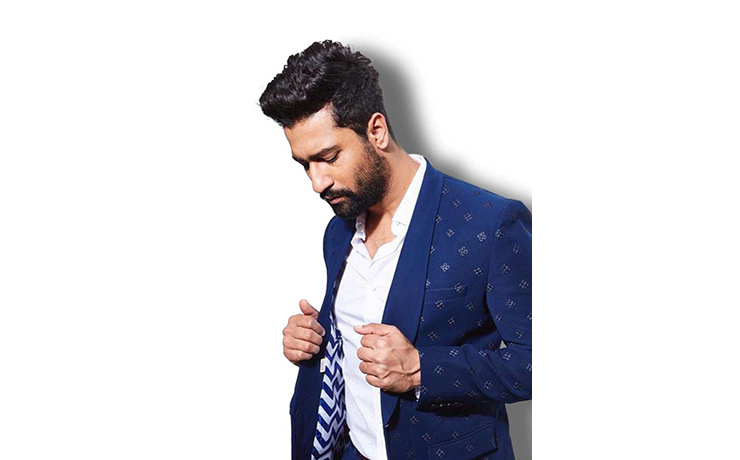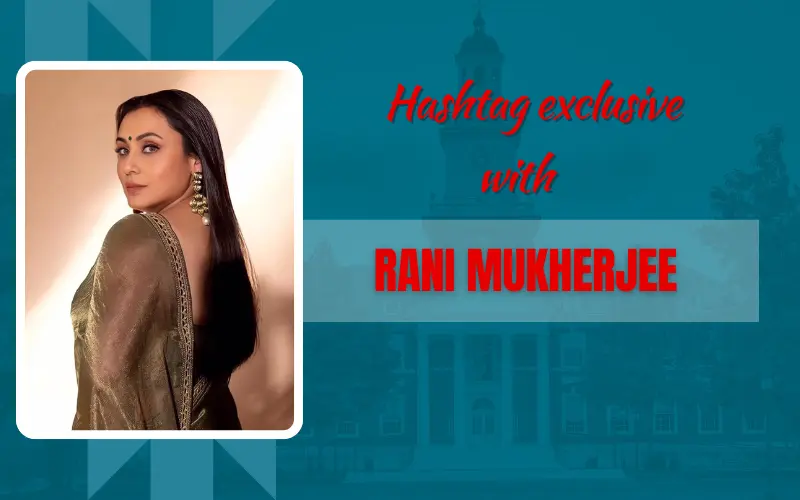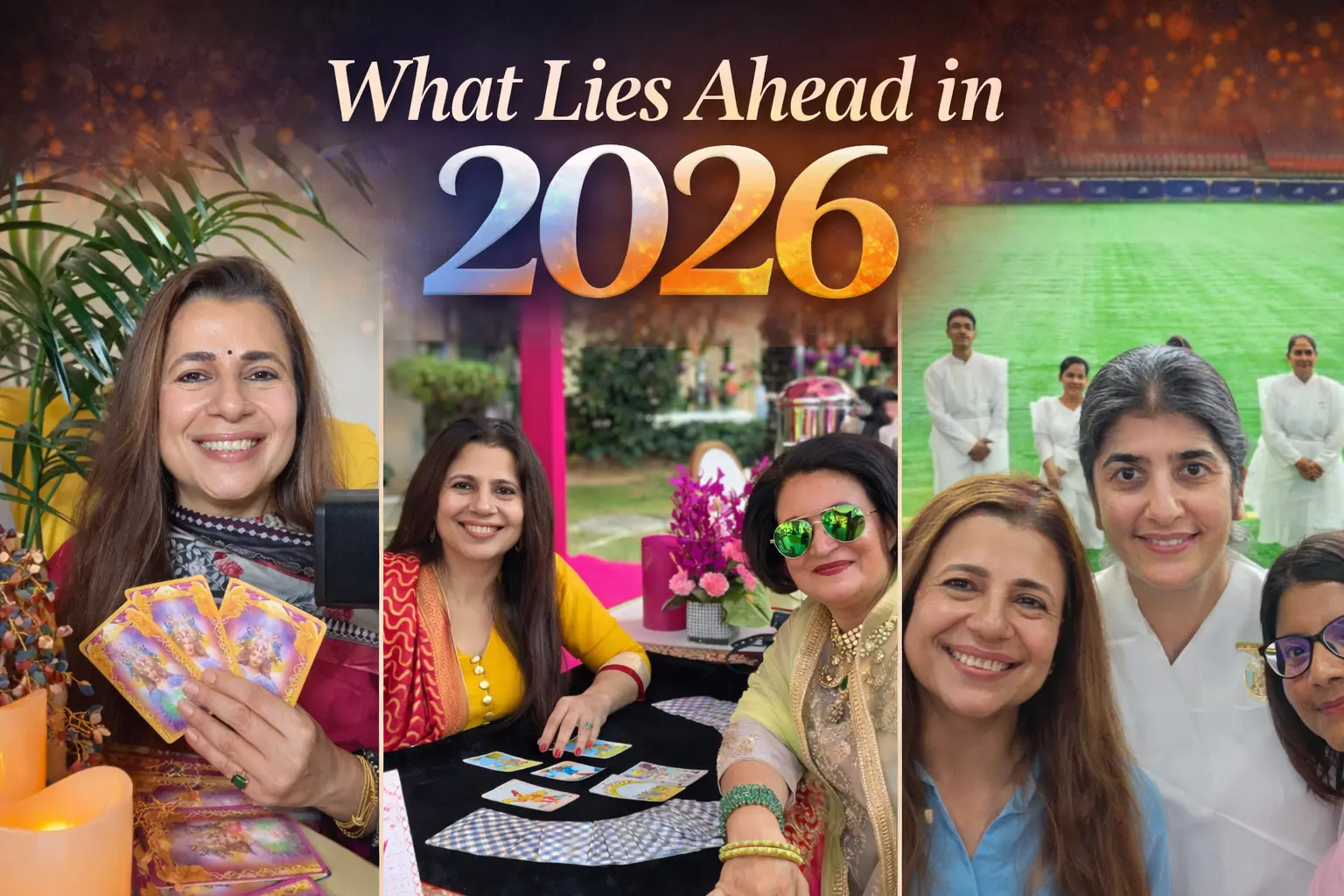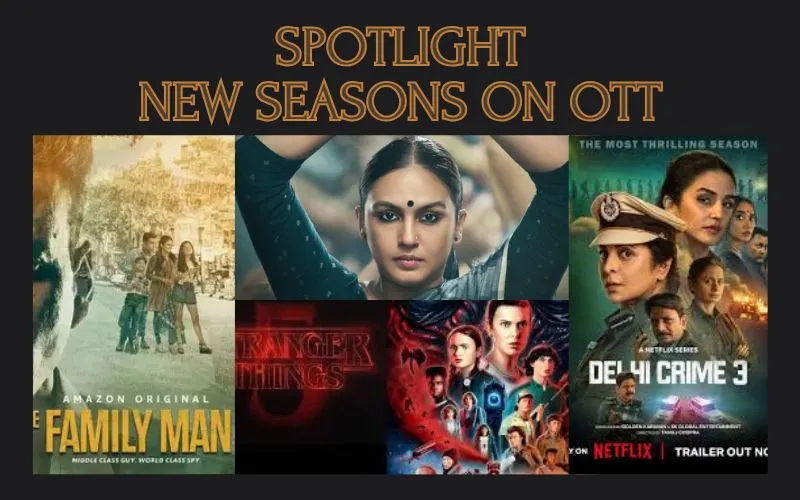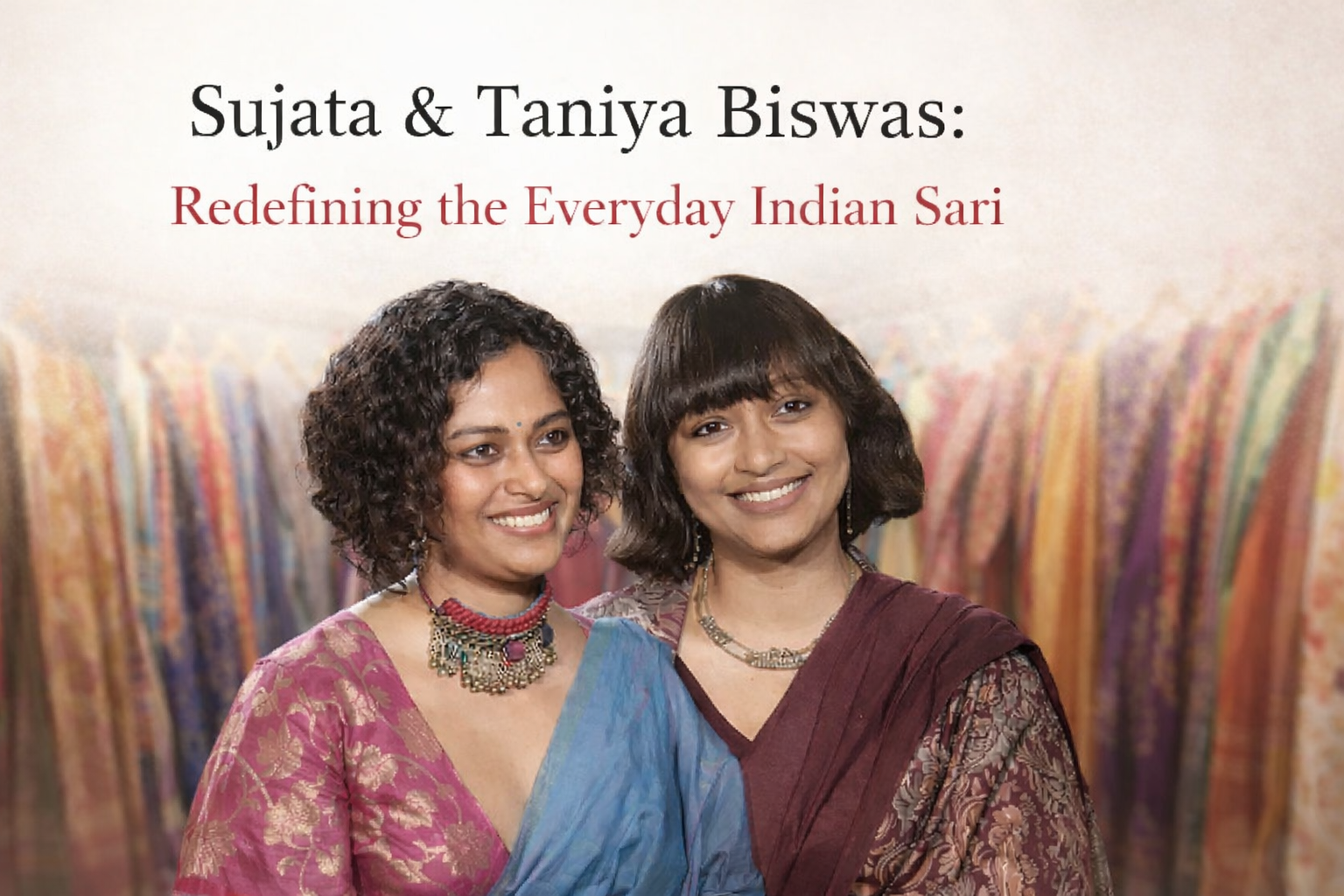Riding the waves of success of Sardar Udham, VICKY KAUSHAL talks of his most challenging till date in a candid interview with LIPIKA VARMA.
Since its release, Sardar Udham has been making waves ripple across the entertainment industry. The Shoojit Sircar directed biopic is unhurried in its narrative and yet, profound in its delivery. The film tells the tale of the revolutionary Sardar Udham Singh, who assassinated Michael O’Dwyer to avenge the Jallianwala Bagh Massacre, and has actor Vicky Kaushal playing the titular role. As has been the way with most films during the pandemic, Sardar Udham too released on an OTT platform, Amazon Prime Video. Adding to the list of accolades received, the movie was in consideration as India’s official entry for the 2022 Oscars.

In an interview with Lipika Varma, we learn about Kaushal’s experiences shooting the acclaimed biopic.
I had a sense of responsibility…You have to handle the subject with utmost sensitivity; it can’t be presented randomly and frivolously.
Shooting such an emotional film must have been difficult. Were there any scenes that stood out to you?
Yes, the shoot was difficult, and I broke down many times. Shooting the Jallianwala Bagh scene was emotional and difficult; it numbed me from within. Director Shoojit Sircar brought about a very real world, of 1919, where a crowd of over 20,000 people saw and lived through this incident. With such a huge crowd, there was no place to run away as the army was firing bullets one after the other. There were children and people of all ages comprising this crowd. Shooting such moments had shaken me completely.
Not many know that veteran actor Irfan Khan was roped in to play the role of Sardar Udham Singh.
Firstly, nobody can replace Irfan Khan sahib. It’s unfortunate that he has left for his heavenly abode. If he had to do it, he would have done a great job. If I have delivered close to even a single per cent of what he would have done, then I will feel I have done great. He was a great actor across the world. It’s a privilege for me to get the role that he was going to play. I have to keep up to the level of gravitas. It is a small tribute to him.
How was it working with Shoojit Sircar?
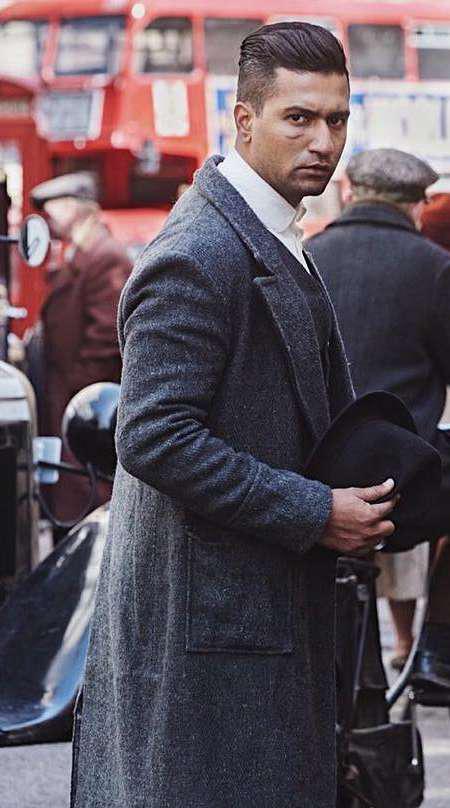
I had to unlearn whatever I had learned. I followed his vision of what Sardar Udham Singh would have been like. He had kept this story with him for the past 20 years since he came to Mumbai. He couldn’t make it as it wasn’t possible for him then. He is very fluid and fast at his work. I truly got to learn a lot.
If I don’t get food, I get angry and cranky.
How challenging was it to play this role? What difficulties did you face?
It was challenging as I played both a 20-year-old Sardar Udham Singh and then, at 40 years of age. For the younger arc, I was asked to lose around 15 to 20 kilos in just 2 months’ time. Later, to play him as 40 years old, I had to gain weight. We came to understand him through his photos. He would change his identity, so I had to live with different looks. There was a Russian, Serbia and Indian team to help me with this. We kept the costume, makeup, and setting very genuine to the times. Emotions and pain had to be lived alongside too. I had a sense of responsibility. Portraying this unsung hero through his film will enable people to resonate and remember him. You have to handle the subject with utmost sensitivity; it can’t be presented randomly and frivolously.
How do you manage your intensity and anger while not acting?
I just remain cooled down. I like to be quiet, and I always isolate myself totally. I need an hour or so to come back to normal. If someone tries to talk to me then my anger may burst out. I deal with my anger with calmness. If I don’t get food, I get angry and cranky. It also happens when I have done a lot of work. In most situations, I love to be quiet.
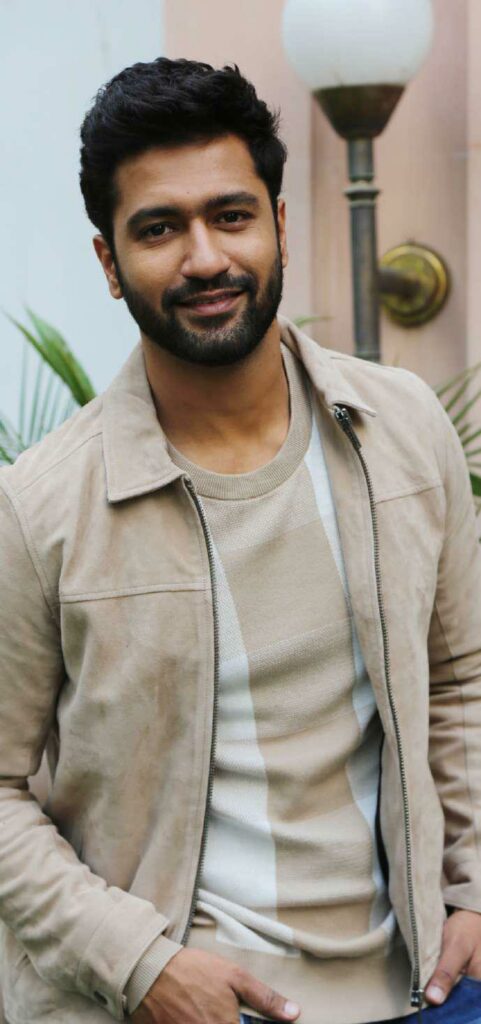
How has playing this role personally changed your self?
I would like to believe I have got some self-control in me now. Realising how one person could keep his ideologies within himself with patience has been a great learning experience for me.
Realising how one person could keep his ideologies within himself with patience has been a great learning experience for me.
Did you learn about the revolutionary and his actions in your school days?
Belonging to a Punjabi family, whenever Punjab was referred to in class, I would come home and ask my parents. They told me about the sacrifices made by our freedom fighters such as Bhagat Singh and Udham Singh, alongside others. Today, I realise how important it is to bring such stories to life through films so that we all know about the struggles our freedom fighters faced in their bid for independence.

From the beginning of your career until now, you have worked across a vast variety of genres. We hear that you are all set to now add another feather to your cap, after being cast in a romantic role opposite Sara Ali Khan in Laxman Utekar’s upcoming film?
Baat toh chal rahi hai! Talks are on with director Utekar. God is great to have bestowed upon me such opportunities. I’m also getting to do new and explore varied roles as an actor and I try to do different roles and grow. I have 2 upcoming films. One is with Yashraj Films and Dharma Productions; they will make the official announcements. There is also Sam Bahadur.

